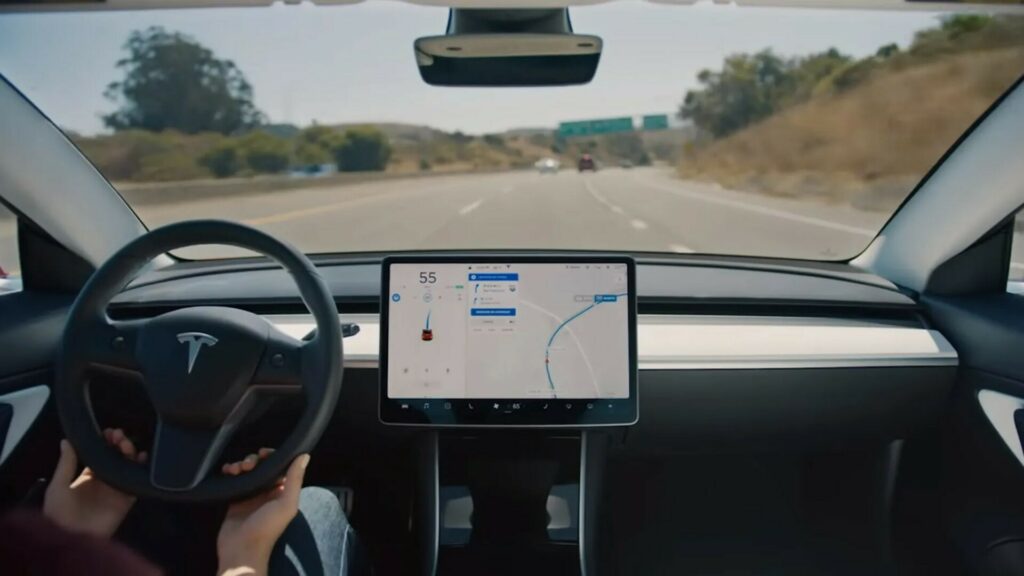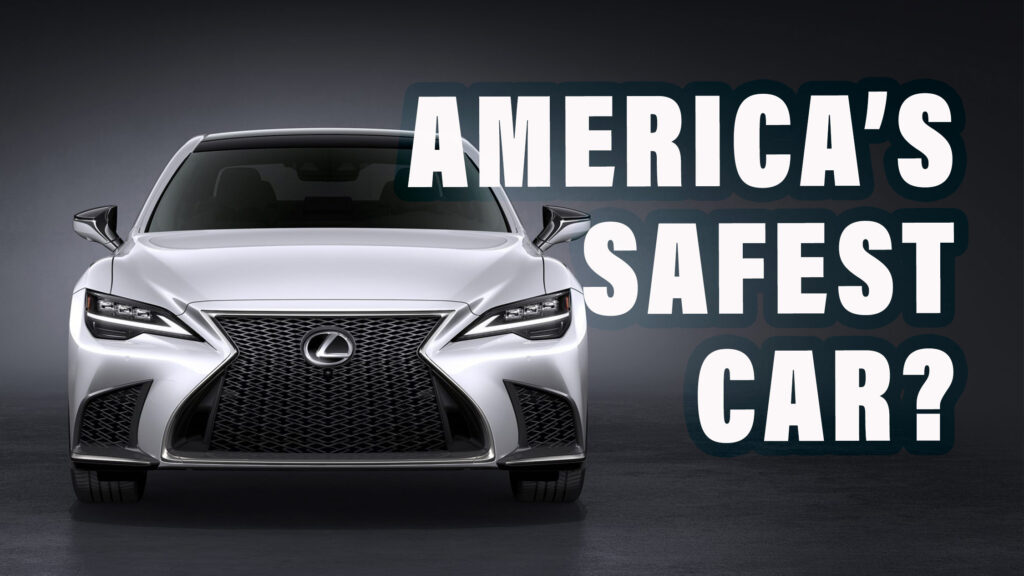Whose cars are equipped with the best driver assistance technology? If you guessed Tesla, or even Mercedes, you’d be wrong, says the Insurance Institute for Highway Safety (IIHS). The real winner is Lexus, though “winner” might be overselling it. According to the IIHS, every automaker has plenty of work to do when it comes to autonomous tech.
The IIHS tested 14 different systems from Lexus, GM, Ford, Genesis, BMW, Mercedes, Nissan, Volvo and Tesla, its evaluation going far beyond simply seeing if they could keep a car driving along a freeway without trying to send it headlong into oncoming traffic. Testers looked at factors such as how drivers were monitored and reminded to pay attention, and what action they took when drivers ignored those reminders. That last one is important because the driver might not be “ignoring” the warning, but could have suffered a medical episode, meaning the car needs to be slowed down for safety’s sake.
Shockingly, 11 of the 14 systems were ranked as “poor” by the IIHS team, including both Tesla’s Autopilot and the same company’s expensive Full Self Driving tech. Mercedes’ Level 3 Drive Pilot wasn’t evaluated (none of the cars had Level 3 autonomy), but the Distronic system on the C-Class – which doesn’t have a face-detect camera – was graded poor, as was the BlueCruise on Ford’s Mustang Mach-E electric crossover, though that did win praise for its prompt alerts issued when the driver covered his face.
Related: GM Super Cruise Coverage Expanding To 750,000 Miles Of Roadway In US And Canada

“The shortcomings vary from system to system,” said IIHS Senior Research Scientist Alexandra Mueller, who led the development of the new program. “Many vehicles don’t adequately monitor whether the driver is looking at the road or prepared to take control.”
But surely some automaker’s systems live up to the hype? The bronze medal went to ProPilot Assist on the Nissan Ariya and GM’s Super Cruise on the GMC Sierra, both of which were rated as “marginal”, which is hardly a ringing endorsement. And the top-performing system – the only one to achieve a stellar “acceptable” rating – was the Lexus Teammate tech on the LS sedan.
“Some drivers may feel that partial automation makes long drives easier, but there is little evidence it makes driving safer,” IIHS President David Harkey said. “As many high-profile crashes have illustrated, it can introduce new risks when systems lack the appropriate safeguards.” But Harkey also pointed out that while none of the systems was outstanding, they each had different strengths, meaning automakers have the ability to produce safer systems, in most cases by making little more than software changes.




